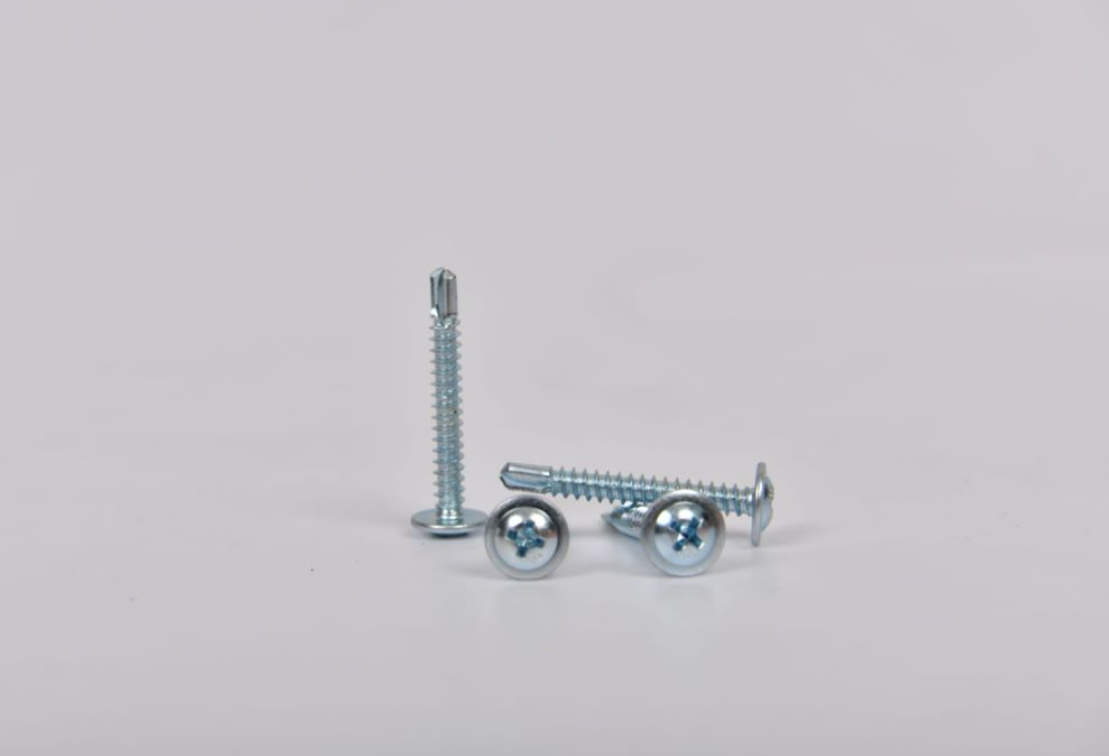buy washer or spring washer first
Deciding Between Spring Washers and Standard Washers Which to Buy First?
When it comes to fastening components in mechanical assemblies, washers play a crucial role in distributing load, reducing friction, and preventing leakage. Among the various types of washers available in the market, two of the most commonly used are standard washers and spring washers. Understanding the specific purposes and applications of these washers can help you make an informed decision about which type to prioritize in your purchasing decisions.
The Role of Washers in Mechanical Assemblies
Washers are flat discs placed between a nut and a surface to spread the load of the fastener. They can prevent the wear of the surface underneath the nut or bolt, reduce vibration, and allow for easier disassembly. There are various types of washers, but for our discussion, we will focus on standard (flat) washers and spring washers.
Standard washers are primarily used to increase the bearing surface of the fastener. They are effective in preventing damage to softer materials by distributing pressure and helping to align the assembly. In many cases, a standard washer alone may be sufficient for basic applications where load distribution is essential.
On the other hand, spring washers (also known as lock washers) are designed specifically for preventing loosening due to vibration or mechanical shock. Unlike flat washers, spring washers are spring-loaded and, as such, can exert pressure against the nut or bolt. This pressure helps maintain tension in the assembly and keeps the fastener securely in place under varying conditions.
When to Buy Standard Washers
In general scenarios where load distribution is necessary, and the type of vibration or movement is minimal, standard washers should be your first choice. They provide a straightforward solution for many fastening requirements, making them versatile and widely applicable. Consider purchasing standard washers first if
buy washer or spring washer first

1. General Assembly Work You are assembling components that don’t experience extreme vibration or shock. 2. Budget Constraints Standard washers are typically less expensive than specialized washers, so they can be a more economical choice when bulk purchasing. 3. High-Volume Applications If you are working on projects requiring a large number of fasteners, having an ample supply of standard washers can streamline the process.
When to Opt for Spring Washers
If your application involves high-vibration environments or if you are working in industries like automotive, aerospace, or heavy machinery, investing in spring washers could be essential. Prioritize spring washers if
1. Vibration-Prone Machinery Your assembly will be subjected to continuous vibration, such as in engines or vehicles. 2. Safety Concerns The fastening integrity is crucial for the safety of the end product, requiring an extra layer of security. 3. Diverse Environment Your assembly may face fluctuating temperatures, pressure, or other variables that could compromise standard washers.
Final Thoughts
In conclusion, the decision of whether to buy standard washers or spring washers first should be guided by the specific demands of your project. If your work focuses on general assembly with minimal vibration, standard washers can serve your needs effectively and economically. Conversely, if your application demonstrates a higher risk of mechanical failure due to vibration, prioritizing spring washers is a wise choice.
Ultimately, a thorough understanding of the materials you’re working with and the environmental conditions will guide your purchasing decisions. Consider investing in a mix of both types of washers, as having a diverse stock will prepare you for various assembly challenges, ensuring efficient and secure construction of mechanical systems.
-
Top Choices for Plasterboard FixingNewsDec.26,2024
-
The Versatility of Specialty WashersNewsDec.26,2024
-
Secure Your ProjectsNewsDec.26,2024
-
Essential Screws for Chipboard Flooring ProjectsNewsDec.26,2024
-
Choosing the Right Drywall ScrewsNewsDec.26,2024
-
Black Phosphate Screws for Superior PerformanceNewsDec.26,2024
-
The Versatile Choice of Nylon Flat Washers for Your NeedsNewsDec.18,2024










